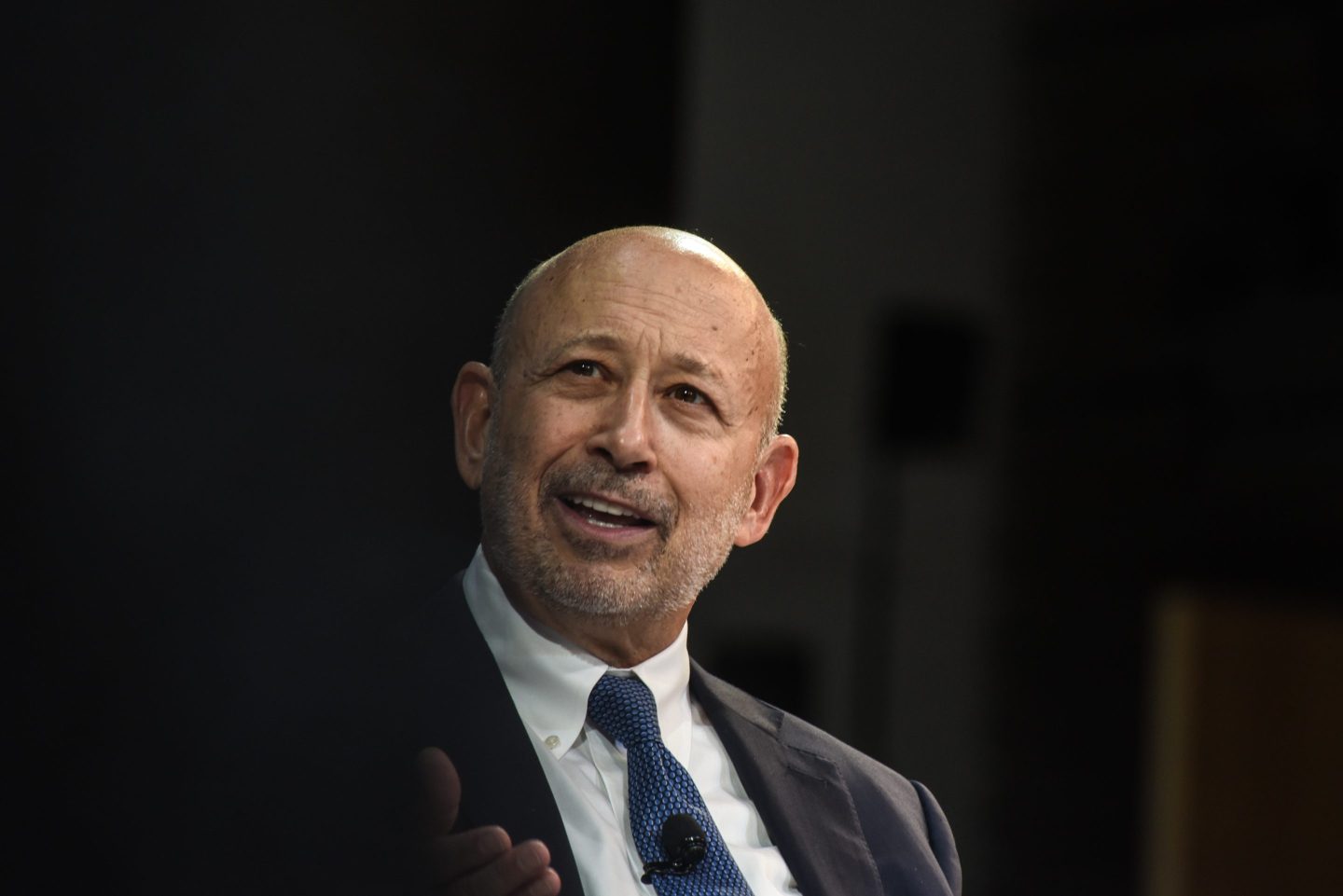General Motors says TARP continues to cast a long shadow over the company.
The automaker said in Wednesday’s initial public offering filing that executive pay restrictions tied to the company’s receipt of some $50 billion in government loans could hamper GM as it tries to revive its fortunes in a hypercompetitive auto market.

As part of the cost reduction initiatives in our business plan, and pursuant to the direction of the Special Master for TARP Executive Compensation (the Special Master), the form and timing of the compensation for our most highly paid executives is not competitive with that offered by other major corporations.
Of course, Rick Wagoner made $20 million in 2007 as he drove the company into the ground, so paying competitively isn’t everything. Even so, GM says the TARP restrictions may make it tough to attract and keep workers whose skills are most in demand.
The effect of Section 111 of EESA, the Interim Final Rule and the covenants is to restrict the compensation that we can provide to our top executives and prohibit certain types of compensation or benefits for any employees. At the same time, we have substantially decreased the number of salaried employees so that the workload is shared among fewer employees and in general the demands on each salaried employee are increased.
Companies in similar situations have experienced significant difficulties in hiring and retaining highly skilled employees, particularly in competitive specialties. Given our compensation structure and increasing job demands, there is no assurance that we will continue to be able to hire and retain the employees whose expertise is required to execute our business plan while at the same time developing and producing vehicles that will stimulate demand for our products.
Further complicating matters, GM is onto its fourth chief executive in two years. The company this month hired Carlyle Group managing director Daniel Akerson to take the CEO post from Ed Whitacre, who will remain chairman.
Whitacre, GM’s filing says, made $181,000 for the month he was CEO in 2009, so Akerson doesn’t seem likely to starve at the company’s helm. Even with TARP-based pay restrictions, the new CEO seems to retain some leeway to haggle with GM’s supposedly fettered board.
“Mr. Akerson’s compensation arrangements with us have not been finalized,” GM’s filing says.











